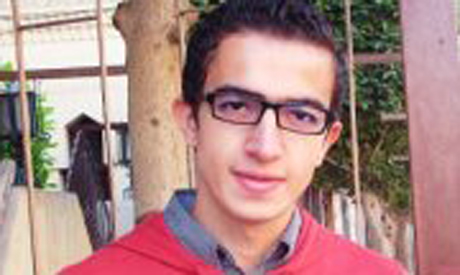
Medical professionals support Egyptian health care workers against military regime

 Maxine K. signed
just now
Maxine K. signed
just now  Adam B. signed
just now
Adam B. signed
just now 
It is one year since the start of the Arab Spring, which has inspired people around the world. For decades the dictatorship of Hosni Mubarak has kept millions in poverty, spent a fraction of its military budget on health care, and used state-controlled unions and corrupt officials to control hospitals and other institutions. The Egyptian revolution has raised the hopes of reducing inequality, increasing health care funding, and democratizing hospitals—to ensure better health for all. Egyptian doctors and other health care workers have played an important role in this process. From the original 18 days that toppled Mubarak, to more recent uprisings, health care workers have tirelessly operated field hospitals in Tahrir Square to heal wounded protesters. In addition to their dedication to their individual patients, doctors and health care workers are uniting to organize independent hospital unions demanding more health care funding, higher wages for all, and the removal of corrupt officials. But ten months after the toppling of Mubarak, the Supreme Council of the Armed Forces (SCAF) is continuing his policies. SCAF is maintaining poverty wages that undermine collective health, refusing to increase health care funding, and brutally attacking civilians—including health providers. The military regime has attacked field hospitals in Tahrir Square, preventing doctors and others from carrying out their medical duties. During the recent Occupy Cabinet protest in Cairo, the military regime has injured 300 and killed 10 people including Alaa Abd El-Hady, a fifth year medical student. As medical professionals, we condemn SCAF’s brutal attacks on health care workers and the broader population, including the killing of our colleague Alaa Abd El-Hady. Furthermore, we condemn the military regime’s continuation of Mubarak’s policies that deprive millions of the wages, health care, and human rights required for a healthy society. We extend our solidarity to Egyptian doctors and health care workers—whose dedication to their patients, democratization of their institutions, and participation in the broader movement continue to make the Egyptian revolution an inspiration for all.

Comment
See More 0